News
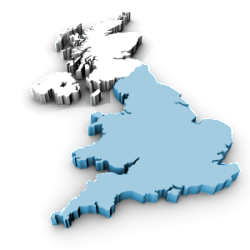
Plus ça change? The ebb and flow of Scottish referendum voting intention
Apart from the day-to-day fluctuations and differences between pollsters, the opinion polls on the Scottish Referendum voting intention have been fairly stable over the last few months, with ‘Better Together’ leading with around 45%-50% of the vote, ‘Yes Scotland’ in the mid-thirties, and the remainder…
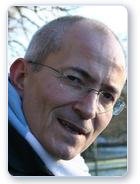
The British Election Study & the Scottish Constitutional Debate (by Professor Charlie...
It is striking how insular Scotland’s constitutional debate is. Both sides in the debate see Scotland’s constitutional future in different ways as bound up firmly in relationships with the rest of the UK. The Yes side envisages a form of independence which involves continuing partnership…

Settled wills? The psychology behind stable referendum polls (by Dr Rob Johns,...
In a marathon campaign like the one for votes in the Independence referendum on the 18th September, a good deal of the excitement is generated by ups and downs in the opinion polls. For those seeking to maintain interest, then, it is fortunate that the…
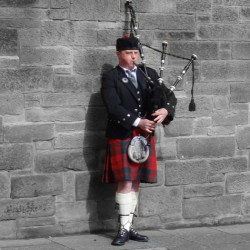
Class divisions and the Scottish Referendum
The Scottish Independence referendum campaign has focused heavily on the economic impacts of independence –whether the No campaign’s claims of a “UK dividend” or the Yes campaign’s promise of an economic renaissance for a newly independent Scotland. But how do voters’ own economic situations affect…

Better Together, whatever happens? Public reactions to post-‘No’ scenarios (by Dr Rob...
If Scotland votes ‘No’ on 18 September, what happens next? And might voters’ answers to that question influence how they vote in the referendum? Here, Rob Johns from the University of Essex analyses a British Election Study Internet Panel survey experiment which examined reactions to various…
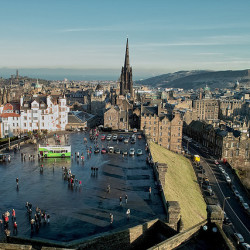
Devolution deficit: how the promise of further devolution can save the Union
As the Scottish referendum campaign moves into the final three months the pro Union parties have emphasised their commitment to more devolution should Scotland choose to remain in the Union. The Conservatives recently outlined plans to devolve additional tax raising powers to the Scottish Parliament,…

BES appoints GfK NOP for 2015 in-person survey fieldwork
The British Election Study team is pleased to announce the appointment of the fieldwork agency for the face-to-face fieldwork for the 2015 British Election Study. Gfk NOP were appointed following a competitive tender process and the completion of interviews with all shortlisted agencies on 12th…
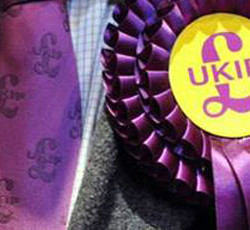
Guest Blog by Matthew Goodwin and Caitlin Milazzo: Who will stay loyal...
At the 2014 European Parliament elections the UK Independence Party (UKIP) fulfilled its promise to deliver an electoral earthquake. UKIP finished in first place, with 4.3 million votes and 27.5% of the vote. Since the election, attention has quickly turned to the 2015 general election,…

Professor Hermann Schmitt gives election keynote address in Iceland
Similar to Britain, Iceland has conducted an uninterrupted series of National Election Studies (ICENES) since 1984. The ICENES is an extensive study of the electoral and political behaviour of voters in Iceland. To mark the 30th anniversary of the ICENES a symposium was held at…
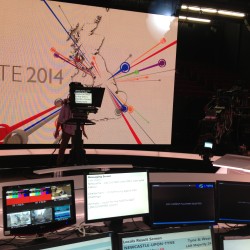
British Election Study Analysis on BBC Vote 2014 with David Dimbleby
With voting in both the Local and European Elections taking place on Thursday 22nd May, Professor Jane Green of the British Election Study team provided up to date analysis of the elections for BBC Breakfast and the Vote 2014 election special program (BBC1 & BBC2)…
